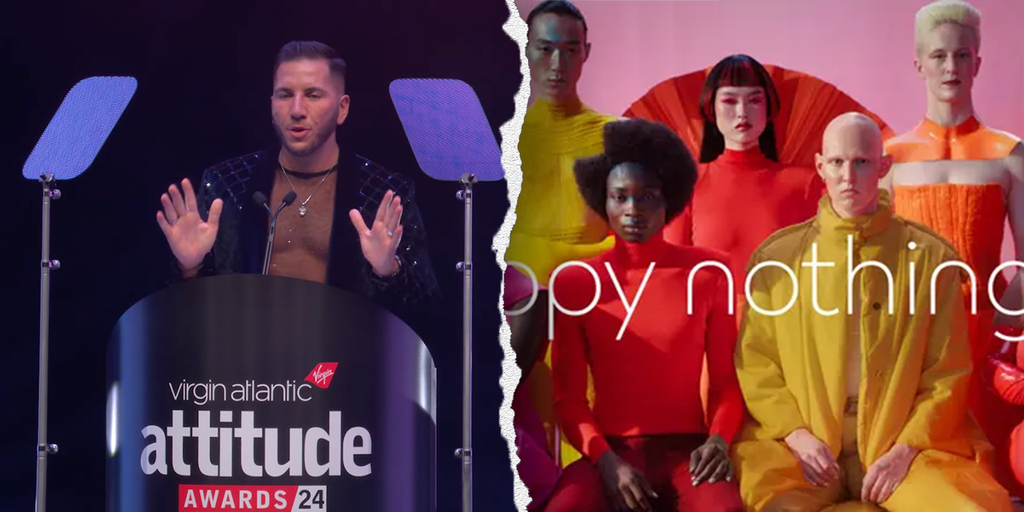
Jaguar’s Bold Rebrand Sparks DEI Debate and Social Media Frenzy
Recent developments surrounding Jaguar’s rebranding efforts have ignited widespread discussion and controversy. At the heart of the conversation are remarks by Santino Pietrosanti, Jaguar Land Rover’s UK Brand Director, celebrating the company’s commitment to diversity, equity, and inclusion (DEI). Delivered at the Virgin Atlantic Attitude Awards, Pietrosanti’s speech highlighted Jaguar’s evolving vision of embracing individuality and fearless originality. However, the public’s reception has been as polarizing as the rebranding campaign itself.
Jaguar’s new promotional video, which omits the cars entirely, instead focuses on models of diverse ages, genders, and styles dressed in vibrant outfits, paired with slogans like “delete ordinary” and “break moulds.” While intended as a bold declaration of innovation and inclusion, it quickly drew mockery online. The campaign amassed over 90 million views and a deluge of criticism within 24 hours of its release. Among the detractors was Elon Musk, who wryly asked, “Do you sell cars?” Social media users and commentators echoed this sentiment, questioning the lack of focus on the very product Jaguar is known for: its vehicles.
Also Read:- McSweeney Set to Debut, Bumrah to Lead India in Perth Test
- Ted Danson Shines in Netflix’s Heartwarming Gem,A Man on the Inside
This backlash reflects a broader cultural shift. While DEI initiatives gained momentum during movements like #MeToo and Black Lives Matter, the political and social landscape has changed in recent years, with brands increasingly cautious about leaning into progressive causes. Jaguar’s efforts to align its image with inclusivity and creativity have drawn comparisons to other polarizing campaigns, such as those by Bud Light and Target, which faced significant consumer pushback.
Despite the uproar, Jaguar maintains its stance on DEI as a cornerstone of its brand identity. Pietrosanti underscored this in his speech, describing the automaker’s mission as fostering a culture where everyone feels empowered to be authentic. In its response to criticism, Jaguar reiterated that the campaign is only the first step in a broader transformation and teased forthcoming developments, including a design concept set to debut in December.
Critics, however, remain divided. Some argue that the campaign alienates Jaguar’s traditional customer base without clearly defining a new audience. Others believe the strategy could be a marketing masterstroke, generating immense attention that may benefit future product unveilings, such as the shift to an all-electric lineup by 2026.
Jaguar’s rebranding effort exemplifies the delicate balancing act companies face in navigating cultural shifts while maintaining brand loyalty. Whether this campaign will ultimately enhance or detract from Jaguar’s prestige remains to be seen, but it has undoubtedly succeeded in sparking conversation—and for now, all eyes are on what Jaguar does next.
Read More:

0 Comments